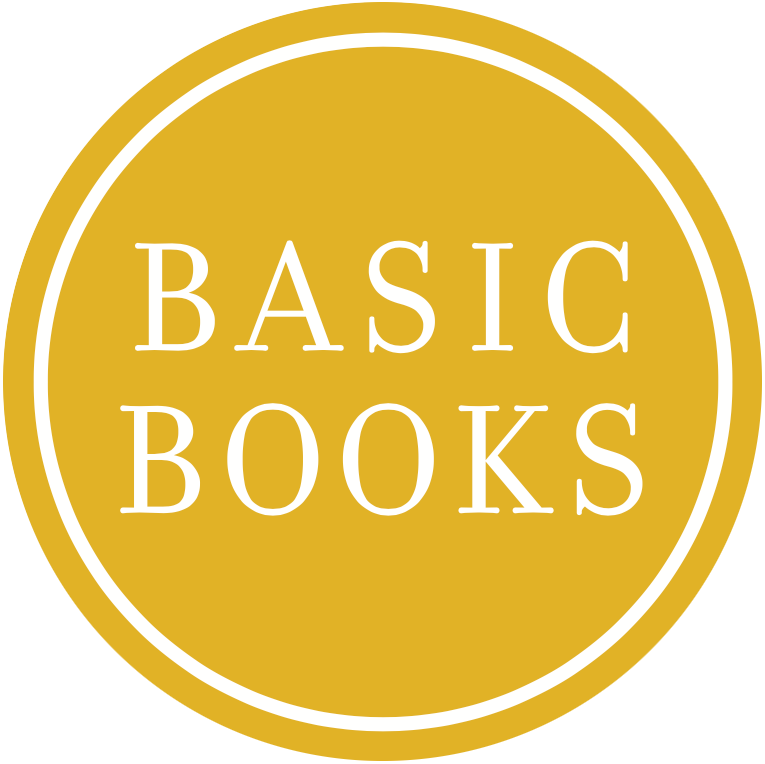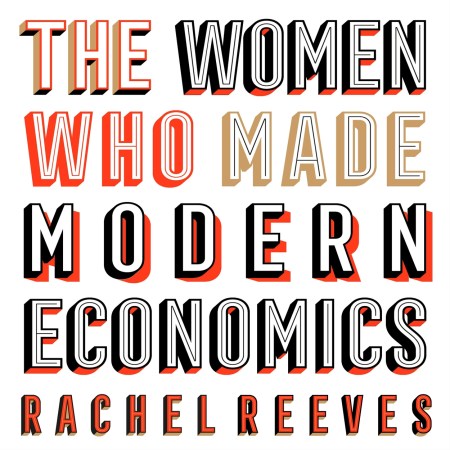A powerful call to put the women back into economics and embrace a better future for all.
THE WOMEN WHO MADE MODERN ECONOMICS tells the story of the women who for too many years have been locked out of the economy with negative consequences for them and for society as a whole. Economic thinking has also largely ignored what women have to offer, marginalising the work of female economists or simply not recognising their achievements.
As a woman and economist who is herself challenging those barriers, Rachel Reeves has written a passionate, powerful and inspiring book dedicated to the women who have gone before and to those who will change the future. Drawing on her personal experiences and relating them to the work of women past and present who are often overlooked, Reeves explores the ideas of theorists such as Harriet Martineau, Mary Paley Marshall and Joan Robinson but also the contributions of policy makers such as Janet Yellen, Gita Gopinath and Christine Lagarde.
Throughout, she outlines her vision for the future of the economy if she does become the first female Chancellor of the UK, a future in which productivity is enhanced, growth is sustainable and there are opportunities for all, not just a privileged elite.
(P) 2023 Hodder & Stoughton Limited
THE WOMEN WHO MADE MODERN ECONOMICS tells the story of the women who for too many years have been locked out of the economy with negative consequences for them and for society as a whole. Economic thinking has also largely ignored what women have to offer, marginalising the work of female economists or simply not recognising their achievements.
As a woman and economist who is herself challenging those barriers, Rachel Reeves has written a passionate, powerful and inspiring book dedicated to the women who have gone before and to those who will change the future. Drawing on her personal experiences and relating them to the work of women past and present who are often overlooked, Reeves explores the ideas of theorists such as Harriet Martineau, Mary Paley Marshall and Joan Robinson but also the contributions of policy makers such as Janet Yellen, Gita Gopinath and Christine Lagarde.
Throughout, she outlines her vision for the future of the economy if she does become the first female Chancellor of the UK, a future in which productivity is enhanced, growth is sustainable and there are opportunities for all, not just a privileged elite.
(P) 2023 Hodder & Stoughton Limited
Newsletter Signup
By clicking ‘Sign Up,’ I acknowledge that I have read and agree to Hachette Book Group’s Privacy Policy and Terms of Use
Reviews
Every young woman who ever thought of economics as a "dry topic" should read Rachel Reeves thrilling, human account of how these brilliant pioneering women have changed our world for the better
Rachel Reeves writes to change not only "the narrative of economic history" to include leading women economists but also the very trajectory of economic policy by focusing on "everyday economics" of work, place and family. The Women who made Modern Economics provides the essential foundation for action in the new Age of Insecurity
A wonderful book that shows us that women have been contributing to economic thinking all along. Rachel Reeves shows how having more female voices is good for economics and for society. Beautifully written, engaging storytelling and important lessons for policy-making
This lucid, entertaining and meticulously researched book sets out comprehensively and compellingly the central role played by prominent female economists in shaping the foundations of economics and economic policy. By inspiring and encouraging future generations of female economists, it gives us hope that a new strain of economic policy can emerge, practical and inventive, able to rise to today's and tomorrow's challenges
A lively book that highlights the importance of learning the lessons from history from the women who have shaped society in so many untold ways
Here's a sweeping history of economic thinking, but its real revelations suggest what an extraordinary chancellor Rachel Reeves would be. Analysing a wide array of women economic thinkers, it's a deeper dive into Reeves's own thoughts and radical intentions than in any interview. I doubt any chancellor-in-waiting was ever both as erudite yet as practical on the economics of everyday lives. Or as good a writer
A truly pioneering book . . . An important and original voice in the politics and economics of Britain
These stories are surprising, enraging, uplifting, optimistic. Reeves recovers those women sidelined from the history of economics and spotlights the women working today to change the narrative of wealth and poverty. If you want to follow the money, start here
I am ashamed that I did not know half of the extraordinary women in this book. Rachel reveals so many brilliant thinkers and leaders who have played a fundamental role in the creation of modern economies. I look forward to these hidden stars becoming household names
Taken as a whole, Reeves's sisterly romp through economic history amounts to a more thoroughgoing exposition of her own politics and their analytical grounding than most of her peers could muster
This is not a manifesto for revolutionary change, then, but it is a solid insight into the progressive politics we might expect if, in a few months' time, Reeves makes history and is granted the keys to No 11

